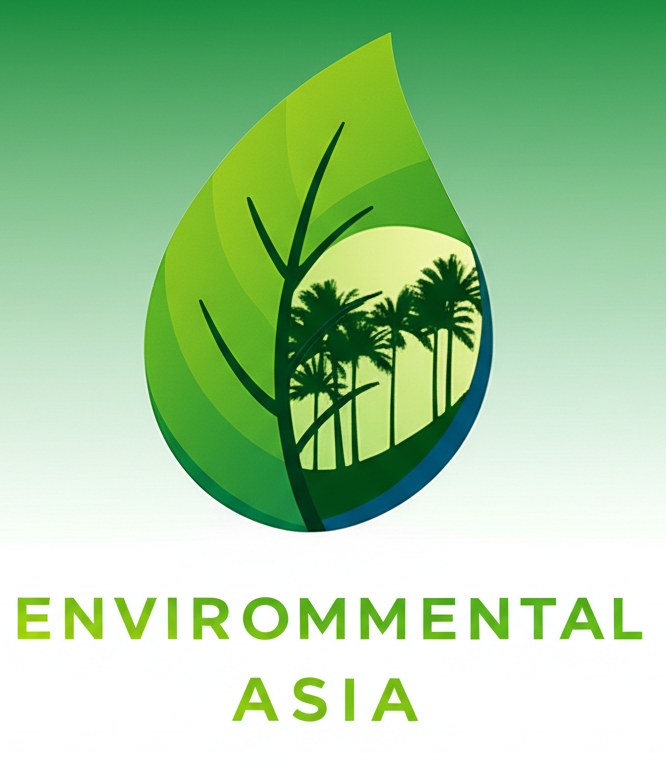Source https://www.teamwork.com/blog/consultation-fee/
Lacks wide public visibility?
Perspective by Happy Tarumadevyanto
happy.devyanto@environmental.asia
Indonesia’s work on its position paper for climate change mitigation and adaptation lacks wide public visibility. The crucial public consultations, meant to gather input from all parts of society, are instead often restricted to a select few government-appointed experts and specific sectors.
This narrow approach risks creating policies that fail to represent the diverse local realities and solutions across the country. To ensure the resulting policies are both legitimate and effective, the consultation process needs to be far more inclusive and transparent, actively seeking the perspectives of directly affected communities, civil society groups, and small businesses. This is the only way to make sure the policy is truly socially accountable.
The basis or evidence frequently cited by civil society groups and non-governmental organizations (NGOs) regarding the limited public participation in drafting Indonesia’s climate mitigation and adaptation policies, such as the NDC (Nationally Determined Contribution), includes:
❌ Minimal Involvement of Vulnerable Groups
- The primary evidence often indicates the underrepresentation of groups most vulnerable to the impacts of climate change.
- These groups include small farmers, traditional fishers, indigenous communities, women, people with disabilities, and coastal communities. Their voices, which reflect the on-the-ground reality of climate change, are frequently not accommodated in strategic documents.
💼 Focus on Economic Sectors and Technical Elites
- Consultations tend to be dominated by representatives from relevant Ministries/Agencies, large private sectors (especially those with high emissions like energy, forestry, and industry), and selected academics/technical experts.
- This focus ensures that technical and economic aspects are addressed, but often ignores the dimensions of climate justice and social-ecological impacts.
⏳ Non-Transparent and Rushed Processes
- Civil society organizations frequently criticize that important documents (such as the Enhanced NDC or Second NDC) are announced with a very short consultation period or are already near finalization when released to the public.
- This suggests that the participation conducted is often merely “formal consultation” (simply informing or requesting quick feedback) rather than “meaningful participation” (a two-way dialogue whose results are considered in the final decision).
📝 Lack of Clear Feedback Mechanism
- There is often no clear feedback matrix detailing how input from civil society or the public was integrated (or why it was rejected) in the final policy draft. This raises suspicion that the participation process is a mere formality.
This criticism concludes that, although the government may have held meetings with relevant parties, the process has not yet met the standards of inclusivity and transparency regarded as “meaningful public participation” within the context of global climate governance.











